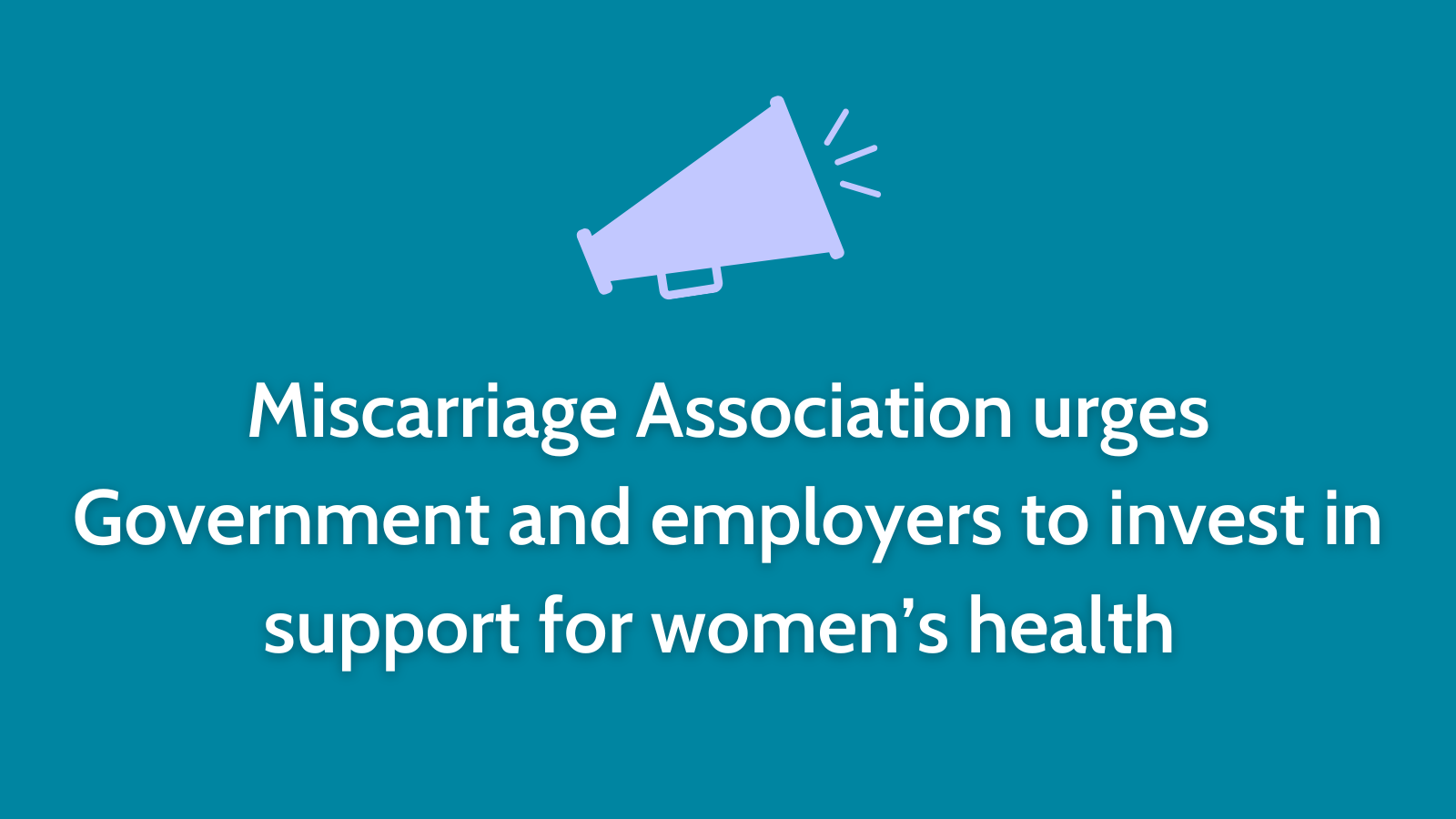Gene editing: a complicated issue
2nd February 2016
You’ll probably have heard or read that the Human Fertilisation and Embryology Authority (HFEA) has given the go-ahead for research involving gene editing of embryos. These are ‘spare’ embryos left after IVF, that would normally be destroyed*.
The aim of the research is to understand better what happens in the earliest days of embryo development, especially what makes the difference between embryos developing normally or failing to develop at all or beyond a day or two. That can help scientists understand more about possible causes of miscarriage or, indeed, infertility.
It’s a complicated issue for many people. On the one hand, there is a concern about tampering with human genetics, and some people worry especially about the use of this kind of science to create ‘designer babies’. On the other hand, the possibility of growing our understanding and knowledge of early development might hold out hope for reducing the incidence of miscarriage or some fertility problems. And of course, genetic testing and intervention is also important for the study and potential prevention of diseases like cystic fibrosis.
Our thanks to M.A. media volunteers Michelle, Emma and Julie who have all given their views on television and radio:
- Michelle talked to Sky News a few weeks ago when the HFEA was considering whether to give permission; she was also interviewed by Al Jazeera News and the Sun on Sunday;
- Emma gave her perspective on BBC News (repeated throughout the evening) and on Sky News, as well as providing comment to the Daily Mail;
- Julie spoke on Radio 4’s ‘The World Tonight – 32mins 57 seconds into the programme;
- And M.A. director Ruth spoke on BBC News 24 yesterday evening, also repeated on other BBC channels.
* N.B. It is important to know that the embryos to be studied are ‘spare’ embryos left after IVF treatment, which are normally destroyed. They will be used for up to a week in this research before being destroyed as the law requires.

